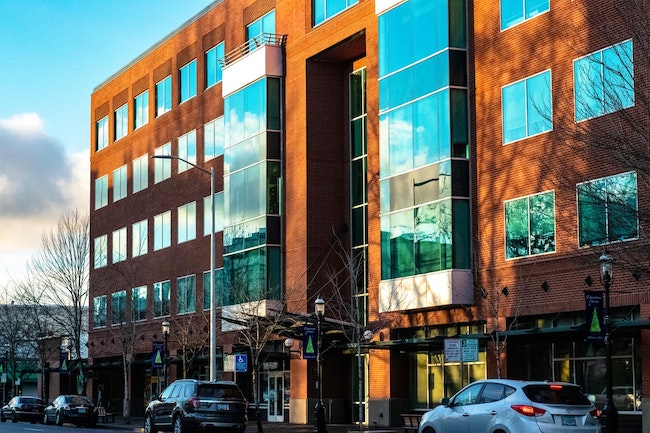The Marion County Board of Commissioners meets Wednesday to consider an ordinance that would allow residents to vote on banning psilocybin manufacturing and service centers in unincorporated areas of the county.
The board will consider adopting an ordinance that would refer to voters a measure banning psilocybin manufacturing and service centers in unincorporated Marion County.
Oregonians in 2020 voted for Measure 109, which legalized psilocybin manufacturing and service centers. Rules for those facilities and specifics of how services will be provided are still being determined through the state’s rulemaking process, but county governments in Oregon can adopt an ordinance prohibiting their operations in unincorporated areas. In a meeting July 27, the board moved forward in the process of adopting the ordinance.
Indigenous people in the Americas for thousands of years have used psilocybin, the active ingredient in so-called “magic mushrooms,” and clinical trials in the U.S. have more recently shown the drug is effective in reducing depression and anxiety.
If approved, the ordinance would go before Marion County voters in the Nov. 8 general election. The Keizer City Council referred a similar measure banning psilocybin facilities to voters in July.
Commissioners will hear a presentation from the Strategic Economic Development Corporation, also known as SEDCOR, with a report on their work over the past quarter.
Commissioners will also consider a grant agreement with the Oregon Business Development Department for sewer and septic system improvements in the North Santiam River Canyon. The state would award $50 million in federal Covid relief funding to Marion County under the agreement. The county would in turn design, acquire permits and land, and build the following:
-A new sewer plant serving the cities of Mill City and Gates, costing $40 million
-A new sewer plant and sewer collection system serving the cities of Detroit and Idanha, costing $2 million
-One or more interim community septic systems to serve Detroit’s commercial center until the planned Detroit-Idanha sewer plant and collection system are built, costing $2 million
Under the agreement, the county would also have to help residential property owners in the Beachie Creek and Lionshead wildfire zone cover the cost of new septic system installations and repairs, costing $6 million.
Meeting details: The commissioners meet at 9 a.m. Wednesday in the Senator Hearing Room at 555 Court Street N.E. Anyone can sign up to give public comment in-person at the meeting. The meeting is streamed live on YouTube.
-Ardeshir Tabrizian

Ardeshir Tabrizian has covered criminal justice and housing for Salem Reporter since September 2021. As an Oregon native, his award-winning watchdog journalism has traversed the state. He has done reporting for The Oregonian, Eugene Weekly and Malheur Enterprise.









